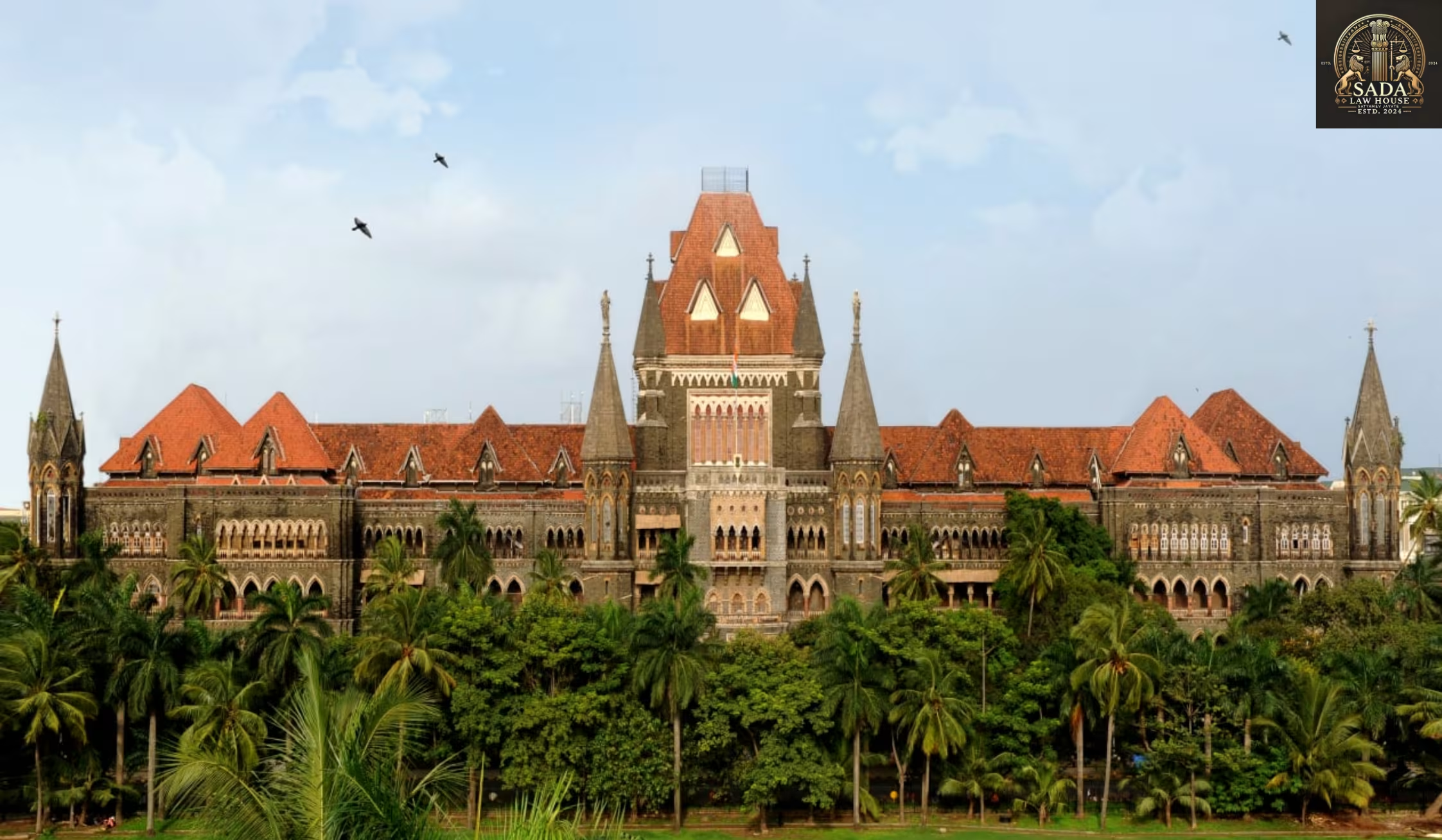Bombay High Court Upholds Free Speech in Journalist Sedition Case
- Kashish Jahan
- 10 JULY 2025

The Bombay High Court grants interim bail to journalist Sameer Kulkarni in a sedition case, reaffirming the constitutional right to dissent and citing key precedents. Learn how this ruling reinforces free speech in India.
Introduction: Relief for Journalist Booked Under Sedition Law
In a major win for freedom of expression, the Bombay High Court has granted interim bail to journalist Sameer Kulkarni, who was charged with sedition for criticizing Maharashtra’s civic policies through a series of strongly worded posts on Facebook.
The case has reignited national debate on the misuse of sedition laws to silence dissent and the need to balance public order with constitutional liberties.
Legal Defense: Criticism is Not Incitement
Kulkarni’s legal team argued that while his posts were provocative, they did not call for violence or public disorder—an essential condition established in the landmark Kedar Nath Singh v. State of Bihar (1962) ruling by the Supreme Court of India.
The High Court agreed, stating that sedition charges must be rooted in real incitement to violence, not mere political dissent.
SG Vombatkere Precedent: Sedition Law on Hold
The defense further cited the 2022 ruling in S.G. Vombatkere v. Union of India, in which the Supreme Court put a temporary freeze on new sedition cases, pending legislative review of the colonial-era law.
This precedent played a key role in the Court’s decision to grant interim relief, reinforcing the idea that free speech cannot be criminalized arbitrarily.
Judicial Observation: Democracy Must Tolerate Criticism
Justice Shukre, while delivering the order, made a significant remark:
“A healthy democracy must allow space for sharp and uncomfortable criticism of the government. So long as words do not directly incite violence, they remain protected by Article 19(1)(a) of the Indian Constitution.”
This observation underlines the judiciary’s evolving stance on civil liberties in the digital age.
What’s Next: Awaiting Final Hearing
While this is only interim bail, the case’s final hearing—regarding the quashing of the FIR—could set a critical precedent for similar sedition cases nationwide.
Until then, the decision sends a powerful message: free speech and constructive dissent cannot be suppressed on flimsy grounds.
Conclusion: A Boost for Press Freedom in India
Kulkarni’s release is not just personal relief—it represents a broader affirmation of press freedom and democratic values in India. As the country confronts outdated laws in a modern digital society, the judiciary’s active role in safeguarding journalistic expression becomes ever more vital.






